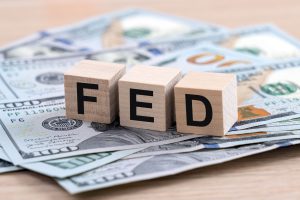The smartphone market has so far dodged the worst effects of President Trump’s escalating tariffs, but U.S. consumers might not be safe for long. Verizon, AT&T, and T-Mobile are preparing to pass higher costs onto customers if smartphone tariffs are imposed in full force.
Earlier this month, Trump exempted smartphones and some electronics from his sweeping new tariffs, although he left in place a 20% fentanyl tariff on China. This exemption could be temporary, raising fears that a 145% tariff on Chinese-made goods — including Apple’s iPhones — could still materialize.
Even the existing 20% tariffs could impact consumers soon if negotiations between the U.S. and China fail. According to an analysis by CNET, the price of an iPhone 15 could jump from $699 to $839, while the upcoming iPhone 16 could soar from $799 to $959.
As carriers reported earnings this week, their CEOs made it clear: customers, not companies, will bear the brunt of new tariffs.
Verizon (VZ) CEO Hans Vestberg:
Vestberg warned that Verizon would not absorb tariff-related handset cost increases. “That’s just not going to be possible,” he said. “Ultimately, it’s going to hit the consumer.”
AT&T (T) CEO John Stankey:
Stankey echoed similar sentiments, stating, “If tariffs drive up handset costs, we will largely move that cost through to the end user.”
T-Mobile (TMUS) CEO Mike Sievert:
Sievert was blunt in an interview with Yahoo Finance, saying, “If tariffs come in and they’re significant, that’s going to have to be borne by the customer.”
For now, the future of smartphone tariffs remains uncertain, but the industry’s message is clear: any further moves on tariffs will likely result in higher prices at checkout for American consumers.







